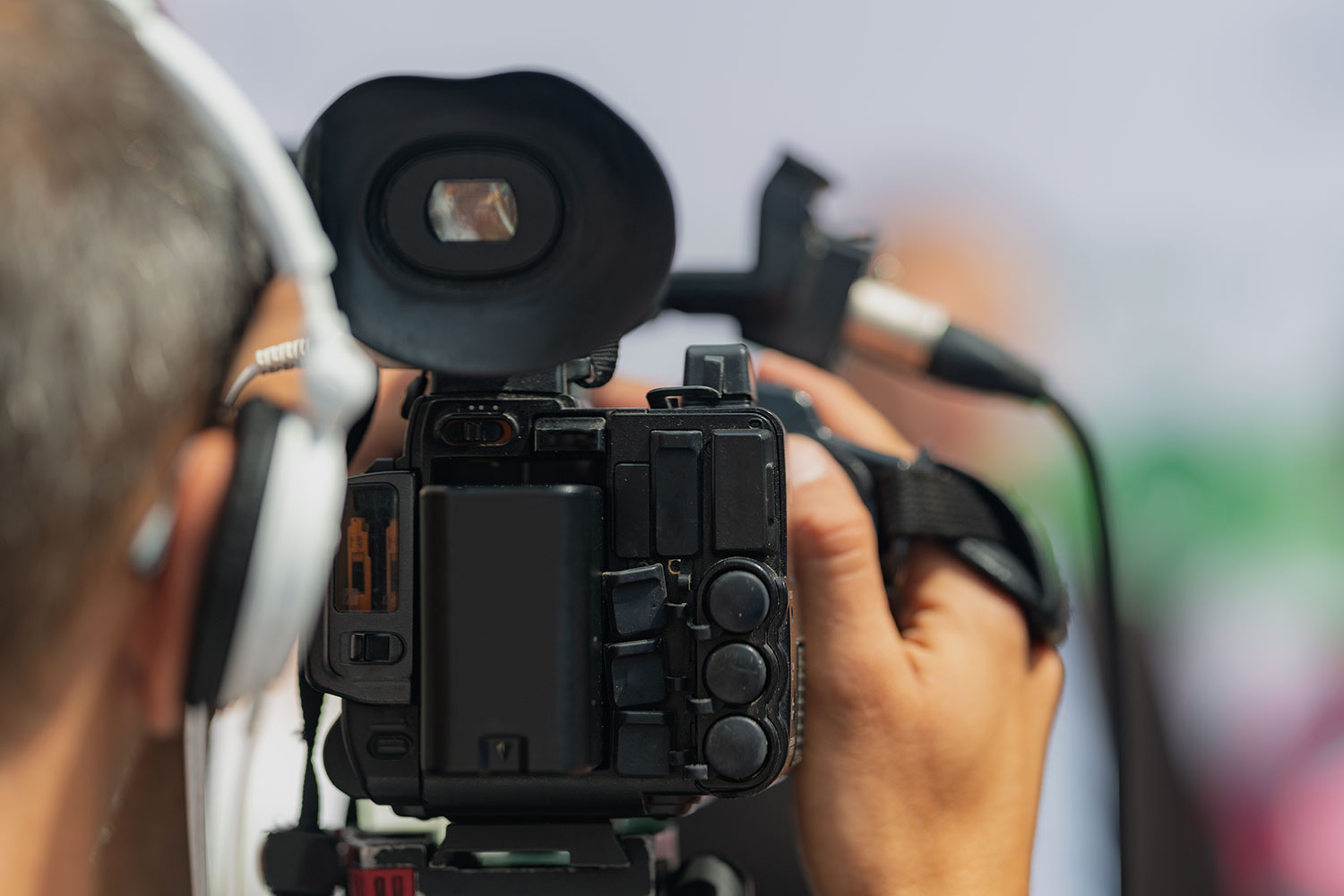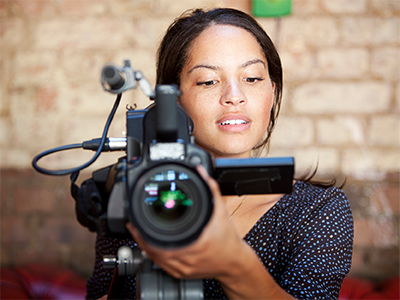The Role of Lawful Videography in Depositions and Tests
Lawful videography has arised as an important device in both depositions and trials, giving a multifaceted technique to documenting witness statements. As lawful experts significantly recognize its worth, it motivates a deeper exam of exactly how these aesthetic documents can influence juror understandings and test outcomes.

Importance of Legal Videography
Legal videography plays a crucial role in the paperwork and discussion of depositions and tests. This customized field integrates technological skills with legal understanding to produce a reliable record of procedures that can dramatically affect case outcomes. The appearance of lawful videography improves the understanding of witness testament, permitting jurors and courts to observe not just the spoken words but also the behavior, feelings, and body movement of the witnesses.
In enhancement, lawful videography supplies an objective account of events, minimizing the potential for misinterpretation that can take place with created records alone. This visual documentation offers as a critical device during trial discussions, assisting in a clearer and more influential story for both plaintiffs and defendants. Furthermore, the capacity to replay video segments throughout court procedures enables lawful groups to emphasize bottom lines, strengthening their arguments properly.
The importance of lawful videography extends past the courtroom; it additionally plays an important role in protecting evidence for future recommendation, whether for appeals or more lawsuit. Its integration into the lawful process is necessary for ensuring a reasonable and exact representation of the truths, inevitably contributing to the quest of justice.

Refine of Legal Videography
While capturing the nuances of depositions and tests, the procedure of lawful videography entails a number of important actions that ensure premium, precise recordings. An expert lawful videographer prepares by examining the instance products and comprehending the certain demands of the deposition or test. This prep work includes familiarizing themselves with the participants and the context, which aids in capturing relevant information.
On the day of the recording, the videographer sets up the essential equipment, which usually includes high-def electronic cameras, microphones, and proper lights. Guaranteeing optimal angles and audio quality is crucial, as it straight impacts the efficiency of the recording. The videographer communicates with lawyers and individuals to develop procedures, making sure that everybody understands the recording procedure.
Throughout the deposition or trial, the videographer meticulously records the process, paying close interest to both verbal and non-verbal cues. This consists of catching the behavior and reactions of witnesses and lawyers. After the session wraps up, the videographer may modify the footage for clarity and conformity with lawful standards, generating an end product that properly reflects the process for future recommendation and use in lawful contexts.
Benefits in Depositions
The unification Related Site of videography in depositions provides numerous benefits that enhance the general process of collecting evidence. One main benefit is the capability to capture witness testaments with visual and acoustic fidelity, supplying a more precise depiction of the witness's attitude, tone, and body language. This multidimensional technique allows attorneys and courts to evaluate reputation better than conventional written records alone.
Additionally, videographed depositions function as an effective tool for protecting testament. Ought to a witness come to be unavailable for trial, their videotaped deposition can be played in court, ensuring that their evidence continues to be accessible and appropriate. This facet considerably minimizes the threat of losing important details that could impact situation end results.

Lastly, videography enhances the overall professionalism of the deposition procedure, instilling self-confidence in clients concerning the thoroughness of their legal depiction (legal videography). By leveraging modern technology, attorneys can substantially enhance the efficiency of depositions
Effect On Trials
In several tests, the combination of videography can significantly affect the discussion of evidence and the jury's understanding. Legal videography records witness statements and important proof in a dynamic format, permitting jurors to engage with the material on several degrees. This visual part improves the storytelling facet of a trial, providing context and psychological resonance that typical text-based evidence may do not have.
Furthermore, video clip recordings can function as effective tools for impeachment throughout interrogation. When discrepancies emerge between a witness's previous statements and their court room testimony, video clip evidence supplies an objective referral that can sway jurors' point of views. This immediacy and clarity can boost the trustworthiness of an event's narrative while simultaneously weakening opposing debates.

Future Trends in Legal Videography
As we look toward the future of lawful videography, numerous arising patterns guarantee to reshape its role within the courtroom. One significant trend is the integration of artificial knowledge (AI) in video clip evaluation and modifying. AI can improve the process of recognizing vital minutes in taped depositions, enabling attorneys to quickly access pertinent material, thus enhancing efficiency in instance preparation.
Additionally, the surge of digital truth (VR) and boosted fact (AR) innovations is expected to change exactly how jurors experience evidence. legal videography. By submersing jurors in a simulated environment, these modern technologies can offer a more Our site extensive understanding of complicated scenarios, causing more enlightened deliberations
Moreover, the boosting need for remote depositions, accelerated by the COVID-19 pandemic, will likely proceed. Legal videographers will certainly need to adjust to new software and platforms to ensure high-grade recordings in online setups.
Lastly, the expanding emphasis on information security will certainly necessitate more stringent methods for storing and sharing video proof. As the lawful landscape develops, lawful videographers have to stay abreast of these patterns to maintain their importance and effectiveness in the judicial procedure.
Conclusion
In summary, legal videography serves a vital feature in the judicial procedure, anchor enhancing the integrity of depositions and trials. As technology continues to develop, legal videography is positioned to additional change its duty within the lawful landscape.